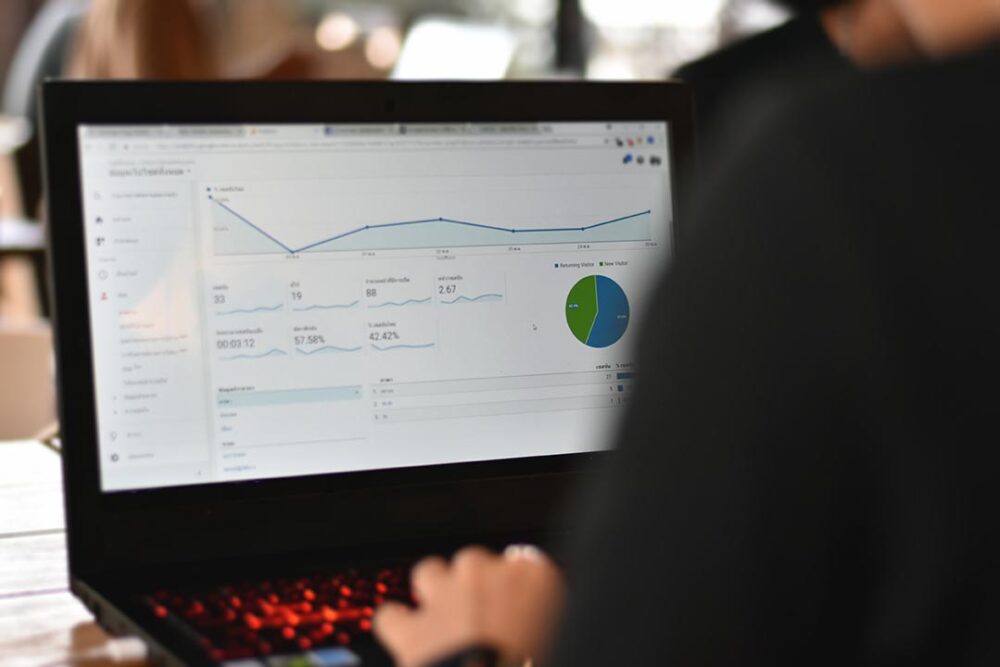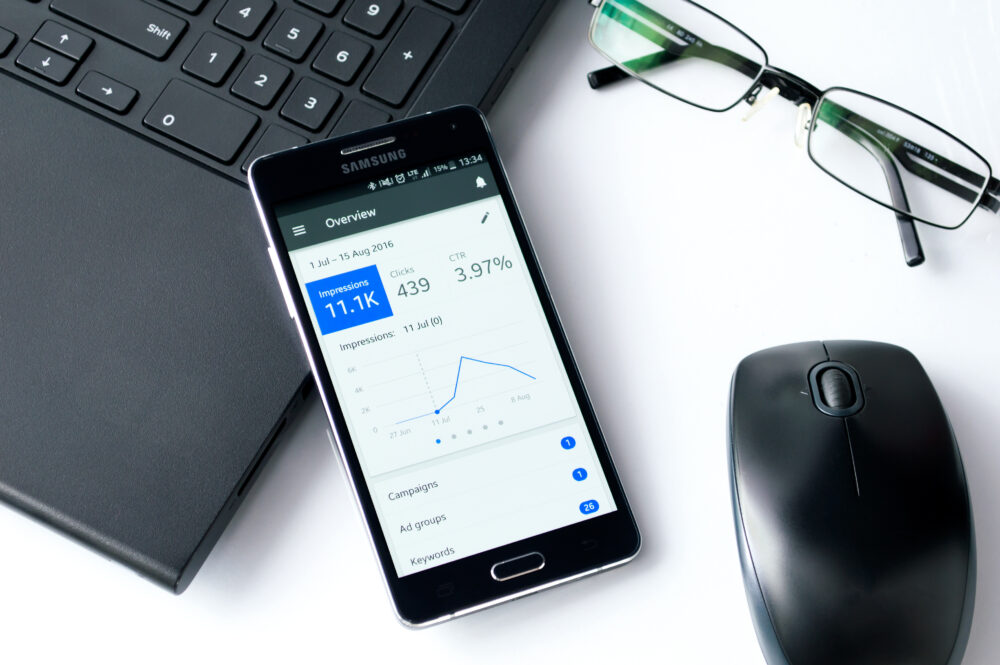Google Retiring Universal Analytics: How to Transition to GA4

In late 2020, Google announced that it would be retiring Universal Analytics, its flagship analytics platform, in favor of the newer, more advanced Google Analytics 4 (GA4). This transition, which is set to take place later this year, has caused a stir among businesses and digital marketing professionals who rely on Universal Analytics to track and analyze their website traffic, customer behavior, and conversion rates.
While the change may seem intimidating at first, it’s important to understand that Google’s decision to retire Universal Analytics is ultimately a positive one. GA4 is a more powerful and feature-rich platform that offers a wealth of benefits for businesses looking to optimize their online presence and marketing efforts.
In this blog post, we’ll delve into the details of the Universal Analytics retirement, explain why Google made the decision to switch to GA4, and outline how Local Leap Marketing can help your business make a smooth transition to the new platform.

Universal Analytics: A Brief Overview
Universal Analytics was first introduced in 2013 as a replacement for the older Google Analytics (GA) platform. It was designed to be more flexible, user-friendly, and capable of handling a wider range of data types than its predecessor.
One of the key features of Universal Analytics was its ability to track users across devices and platforms using a unique identifier known as a “client ID.” This allowed businesses to see how their customers interacted with their website, mobile app, and other digital channels over time, providing valuable insights into customer behavior and preferences.
Another major benefit of Universal Analytics was its integration with other Google tools, such as AdWords and Google Tag Manager. This made it easier for businesses to sync their data, track conversions, and optimize their marketing efforts across multiple channels.
Despite its many strengths, however, Universal Analytics had its limitations. It was designed to work with traditional websites and didn’t offer much support for newer technologies such as virtual reality (VR) and augmented reality (AR). It also had difficulty tracking interactions on mobile apps, which are becoming increasingly important for businesses as more and more people turn to their phones to access the internet.
Google’s Decision to Retire Universal Analytics
Given its limitations, it’s not surprising that Google decided to retire Universal Analytics in favor of a more advanced platform. But why did they choose GA4, and what sets it apart from its predecessor?
First and foremost, GA4 is designed to be more intuitive and user-friendly than Universal Analytics. It offers a streamlined interface and a host of new features that make it easier for businesses to track and analyze their data.
One of the most notable features of GA4 is its ability to track interactions across a wide range of devices and platforms, including websites, mobile apps, VR/AR experiences, and more. This is a significant improvement over Universal Analytics, which was primarily geared towards traditional websites.
GA4 also offers better support for mobile apps, making it easier for businesses to track user behavior and engagement on these platforms. This is particularly important given the growing importance of mobile apps in today’s digital landscape.
Another key benefit of GA4 is its integration with other Google tools and services, such as Google Ads, Google Cloud, and Google Tag Manager. This allows businesses to seamlessly sync their data and optimize their marketing efforts across multiple channels.
Finally, GA4 is built on a new data model that allows businesses to analyze their data in more powerful and flexible ways. It includes advanced machine learning capabilities that can help businesses identify patterns and trends in their data, as well as make more informed decisions about their marketing strategy.

How Local Leap Marketing Can Help With the Transition
If your business is making the switch from Universal Analytics to GA4 may seem daunting, but Local Leap Marketing is here to help. Our team of experienced digital marketing professionals can assist you with every step of the process, from setting up your GA4 account to analyzing your data and identifying opportunities for growth.
One of the first things we’ll do is help you migrate your data from Universal Analytics to GA4. This involves transferring your existing data and configuration settings to the new platform, ensuring that you don’t lose any valuable insights in the process.
Once your data is migrated, we’ll work with you to set up your GA4 account and configure your tracking and reporting options. This includes setting up custom dimensions and metrics, creating custom reports, and establishing event tracking for specific actions such as form submissions.
Once your GA4 account is set up, we’ll help you analyze your data and identify opportunities for improvement. This may involve identifying areas of your website that are underperforming, identifying trends in your customer behavior, or identifying areas where you can optimize your marketing efforts.
In addition to helping you transition to GA4, Local Leap Marketing can also assist you with other aspects of your digital marketing strategy. This includes web design, search engine optimization (SEO), social media management, website hosting, and more.
Don’t Miss Out on the Benefits of GA4
The retirement of Universal Analytics marks the end of an era, but it also represents an exciting new opportunity for businesses to leverage the power of GA4 to optimize their online presence and marketing efforts. With the help of Local Leap Marketing, you can make the transition to GA4 smoothly and confidently, and unlock the full potential of this powerful platform.
If you’re ready to make the switch to GA4, don’t hesitate to contact Local Leap Marketing today. Our team of experts is here to help you navigate the transition and make the most of this exciting new platform.

